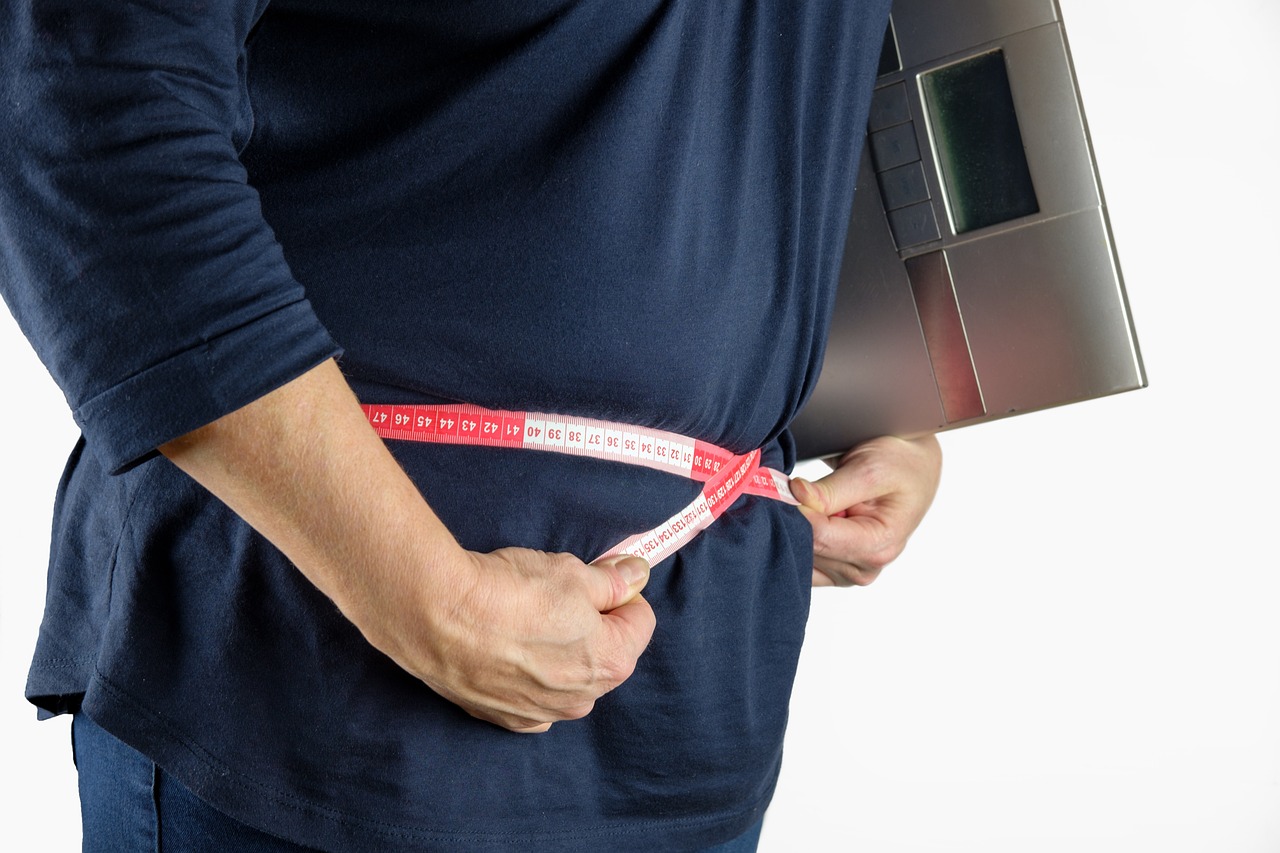The Big Question in Fitness: How Much Protein a Day Should I Have
Decoding Your Daily Protein Intake: How Much Protein a Day Should I Have?

Intro to How Much Protein a Day Should I Have
Protein is one of the essential nutrients needed by our bodies to function correctly. It is responsible for building and repairing tissues, creating enzymes, and supporting our immune system. The question remains that is often searched: “how much protein a day should I have” Today, we will decipher the enigma of protein intake, from its sources to the famous protein-per-pound rule.
The Daily Protein Requirement: A General Guideline
Navigating the world of daily protein needs can feel like an intricate dance. On a broad spectrum, the Dietary Reference Intake (DRI) suggests a baseline of around 46 grams of protein per day for the average sedentary woman and about 56 grams for her male counterpart. However, this is by no means a one-size-fits-all solution.
Several pivotal factors can sway these numbers in either direction. Age is one significant factor, as protein needs tend to increase as we age to help maintain muscle mass and strength. Similarly, your level of physical activity and the intensity of your workouts can influence your daily protein requirement. An individual engaged in a high-intensity workout routine or a sport may need a more protein-rich diet to help with muscle repair and growth.
Your overall health condition is another key component to consider. For instance, someone recovering from an illness or surgery might need more protein to aid in tissue repair. Alternatively, individuals with certain health conditions like kidney disease might need to limit their protein intake.
In short, your daily protein requirement isn’t a static number. It’s a fluid concept that changes in relation to your lifestyle and overall health. This flexible approach allows you to modify your protein intake as your needs evolve, ensuring you’re fueling your body in the most effective way.
How Much Protein a Day Should I Have: Statistics
- The global market for plant-based protein powder has grown, up to a value of about $5.153 billion in 2020.
- Whey protein supplements are not used exclusively by powerlifters or professional athletes, as they were in the past – indicating a growth in the overall reach of the protein supplement market.
- It’s important to be picky when selecting a protein supplement – although the protein supplements market growth is truly unparalleled, these products aren’t usually regulated. Some contain heavy metals, pesticides, and other dangerous compounds.
- In 2018, the US protein supplements market (a fraction of the share of North America as a whole) was valued at $4.24 billion.
- Even egg white protein powders are popular and can be used as part of a healthy lifestyle, providing countless essential amino acids. The size of this type of protein supplements market is expected to grow at a rate of 5.5% before 2026!
The Role of Protein Powder: A Convenient Supplement

The rise of protein powder in the wellness and fitness realms is hardly surprising. With its convenience, adaptability, and assortment of options – think whey, casein, and a myriad of plant-based alternatives – protein powder is making its mark. It’s an ideal ally for those finding it challenging to meet their protein quota solely through their meals. Whether you’re blitzing it in your post-workout smoothie or stirring it into your morning oatmeal, protein powder makes boosting your protein intake a breeze.
However, it’s crucial to underline the “supplement” in dietary supplement. Protein powders are designed to supplement your diet, acting as an understudy to your meals rather than the main star. They’re here to patch up the protein shortfalls in your diet, not to substitute your dietary mainstays.
Protein powders can indeed be a quick and easy protein source. But remember, they are not designed to mimic the nutritional complexity of whole foods. While they deliver on the protein front, they don’t provide the symphony of other essential nutrients that whole foods offer. So, consider protein powders a convenient addition to your dietary repertoire, not the cornerstone.
Real Food Sources of Protein: Your Best Bet

It’s no secret that protein is a vital player in our diet, but where we source this nutrient from can make a significant difference. While protein powders and supplements certainly have their place, your first port of call for meeting your protein needs should be a wholesome and balanced diet filled with nutrient-dense foods.
Meat-lovers can turn to lean cuts of poultry such as chicken or turkey, known for their high protein and low-fat content. Seafood, particularly fish like salmon and tuna, offer a double punch of lean protein and heart-healthy omega-3 fatty acids. Eggs, too, are a breakfast classic that packs a protein punch.
If dairy is part of your diet, milk, cheese, and yogurt serve as excellent protein sources, with the added benefits of calcium and vitamin D for bone health.
Plant-based eaters, fear not! You have a smorgasbord of protein-packed options as well. Beans and lentils, for instance, are fiber-rich legumes teeming with protein. Quinoa, a whole grain, is an impressive source of complete protein, meaning it contains all nine essential amino acids our bodies can’t produce on their own. Tofu and tempeh, made from soybeans, are another plant-based protein powerhouses.
Remember, variety is the spice of life and the key to a nutrient-rich diet. Therefore, aim to incorporate diverse sources of protein in your meals, rotating between different food groups. This approach not only adds interest to your meals but also ensures a rounded intake of other essential nutrients.
When it comes to protein intake, think whole, think diverse, and most importantly, think balanced.
Can I Use The Per Pound Rule for How Much Protein a Day Should I Have?

How Much Protein a Day Should I Have
Navigating the intricate landscape of protein intake, you may have encountered the protein-per-pound rule. Particularly favored among fitness enthusiasts and bodybuilders, this rule provides an estimate of how much protein you might need based on your body weight. Here’s how it works: for every pound you weigh, you consume between 0.6 and 1 gram of protein. To put it into perspective, a person weighing 150 pounds would aim to consume anywhere from 90 to 150 grams of protein each day under this guideline.
Although the protein-per-pound rule can provide a practical reference point, it’s essential to remember it’s not a one-size-fits-all approach. Your individual needs and lifestyle play a significant role in determining your optimal protein intake. Factors like age, overall health condition, and the intensity of your physical activity are all key elements to consider when calibrating your protein needs.
More importantly, while the protein-per-pound rule can serve as a handy tool, it should not be used as a license for excessive protein consumption. It’s a guideline rather than a strict rule. The risk of overconsumption and the potential strain it can put on your kidneys, or the likelihood of weight gain if it results in consuming more calories, are all aspects to keep in mind.
So, whether you’re a fitness enthusiast looking to maximize muscle growth or someone simply trying to ensure adequate protein intake, the protein-per-pound rule can be a valuable tool in your arsenal. However, always consider your unique circumstances and consult with a healthcare professional or a registered dietitian to determine the most suitable protein intake for you. That way, you can fuel your body with the right amount of protein it needs, no more, no less.
Overdoing Protein: The Potential Downsides
Protein is undeniably crucial for our bodies, but it’s a case of ‘too much of a good thing can be harmful’. Just as a car can’t run on gasoline alone, our bodies require more than just protein to function optimally. Sure, proteins are the building blocks of our bodies, but they aren’t the only players on the team. We also need a spectrum of vitamins, minerals, and other essential nutrients for a balanced diet.
So, what happens when we’re caught in a protein overdrive? Well, there could be potential speed bumps along the way. An overdose of protein can put unnecessary stress on your kidneys, given their role in filtering and disposing of the byproducts of protein metabolism. Over time, this could increase the risk of kidney disorders.
Another potential drawback of protein overdose is dehydration. Your body uses up more water to flush out the excess nitrogen contained in proteins, leaving you parched. It’s crucial to increase your water intake to offset this.
Weight gain can also sneak up on you with a protein-heavy diet. Here’s the catch: proteins do contain calories. Consuming more protein than your body needs could lead to an excess of calories, which may lead to weight gain if not balanced out by physical activity.
The most significant downside, however, might be the imbalance in your diet. An overemphasis on protein can eclipse other vital nutrients, leading to a nutritionally deficient diet. Remember, we need a well-rounded diet for optimal health.
So, while proteins are indeed vital, remember to keep the balance. It’s not about going overboard with proteins but about striking the right balance between all nutrients. After all, the key to health isn’t a protein overload, but a diverse and balanced diet. Always remember: balance is the key, not only in diet but in all aspects of life. Too zen, huh? Anywho, hope this helped to clear up information around the grand search of “how much protein a day should I have”.
Articles similar to How Much Protein a Day Should I Have: Easy Diet Plan



Post Comment